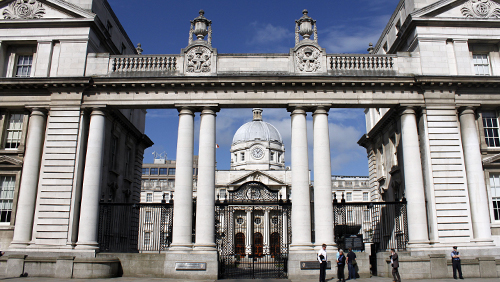 The Irish government is proving that it can both govern and listen to stakeholders. As originally reported by The Irish Times, the country is considering allowing a tax-free turnover of €2.5 million ($2.8 million) a year.
The Irish government is proving that it can both govern and listen to stakeholders. As originally reported by The Irish Times, the country is considering allowing a tax-free turnover of €2.5 million ($2.8 million) a year.
Previously, the Minister for Finance Paschal Donohoe had proposed doubling betting taxes, a proposal which was lobbied for by horse racing lobbyists. The Irish Bookmakers’ Association quickly responded that this would hurt small time businesses and bettors.
This tax-free allowance would effectively mean the tax rate would stay the same for bookmakers making less than €5 million ($5.6 million) a year in turnover, but would double the tax for those with €750 million ($841 million) in bets per year. So in effect, less taxes for small time operators, but doubling it for the ones with deep pockets.
There’s several problems though. The same analysis suggests the government would actually take in less taxes as a result, something the government is unlikely to go for if the whole purpose is to bring in more taxes. It might also break European Union rules which protect fair competition. Running tax-free small operation would be incentivized in this scenario.
So what else could be done? The Irish Bookmaker’s Association also suggested taxing online operators, while allowing small bookie shops to get the tax break. Again, not a bad idea in theory, but a decent chance that it would break fair competition laws. Regardless, the Department of Finance is considering it.
This all comes a week after bookmakers showed their displeasure for proposed gambling laws that would ban them from offering lottery bets in their shops. That proposal quickly went nowhere as the government came out against the idea.
Basically, Ireland appears to be a rudderless ship in the ocean at the moment, with proposals flying in every direction but without anyone really knowing what to do. Until they get the serious regulatory body they’ve been working on set up, it doesn’t look like very much will change.